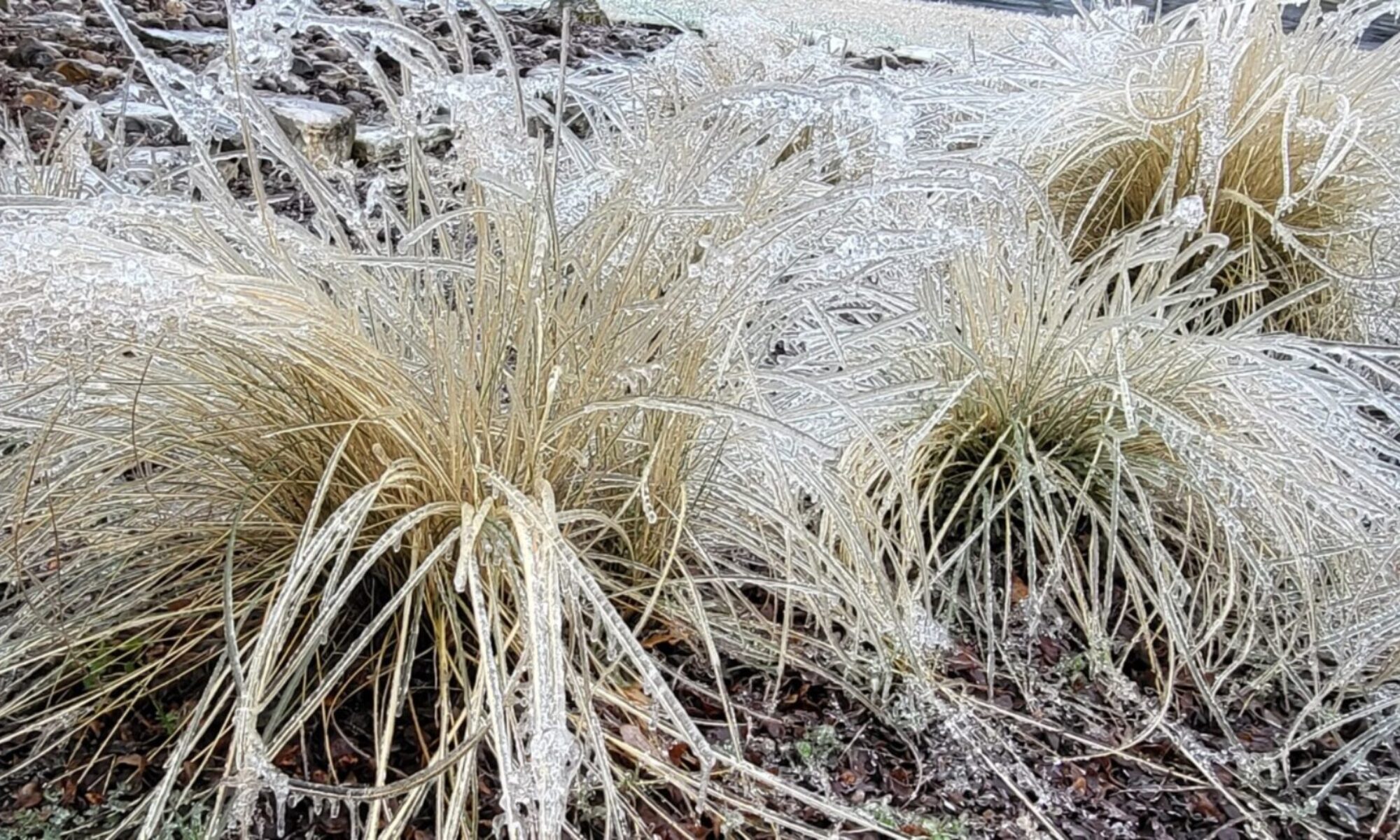** ARCHIVED POST – LINKS AND IMAGES MAY NOT WORK**
— by Erin Buhl
On April 23rd we had our field trip to Native American Seed in Junction, Texas. The area was very dry and windy, and is part of a multi-county area of Central Texas currently experiencing drought level D4 – Exceptional, the most severe. The group included around 33 people from our chapter and the Austin Chapter, as well as some from the Master Naturalists group.

The field trip started at the Hacienda House where Bill Neiman, the owner and founder of the company, spoke to us about his youth and how he got started in the business after initially doing a lot of landscaping work using exotics. Bill’s philosophy about the importance of native plants is summarized on the company’s website on their pages What We’re About, and Sensible People… Why Native Plants are the Right Choice, and I encourage you to read both articles.
Next, we made our way down to see the fields. Despite the dry conditions and difficulty of irrigating the fields, the beauty of the native flowers in spring shone through as you can see in these photos. Our tour guides, George and Emily, freely shared of their knowledge and answered our many questions. Some of the plants we saw that were currently in bloom were Prairie Verbena (Glandularia bipinnatifida), Mealy Blue Sage (Salvia farinacea), Winecup (Callirhoe leiocarpa), and Huisache Daisy (Amblyolepis setigera). We were too early in the year to see the field of Standing Cypress (Ipomopsis rubra) in bloom, but were told it is an amazing sight.

Eventually we made our way up to the equipment area and the seed collecting barn. The equipment and time needed to sort the seed from the chaff and ensure its purity and viability are surprising. The business has to take seed and farming equipment that is made for general use (corn, soybeans, etc.) and convert it to their purposes with so many different species of natives that they are growing. They are providing a unique and essential service to the entire state of Texas and I encourage everyone to support their business for your native seed needs.
** ARCHIVED POST – LINKS AND IMAGES MAY NOT WORK**


